
Type 1 Diabetes
Advertisement
Chronic hyperglycemia in pediatric type 1 diabetes may impair white matter development; brain changes persist into puberty.
Anastasia Albanese-O'Neill discusses a significant unmet need in the treatment of type 1 diabetes.
COVID-19 infection accelerates disease progression in children and adolescents with presymptomatic type 1 diabetes.
According to findings from the INHALE-3 study, inhaled insulin is a promising treatment for patients with T1D.
Patients with T1D face numerous challenges, including cognitive fluctuations.
Patients with type 1 diabetes who exhibit the presence of albuminuria have an escalated pace of brain atrophy.
Fully closed-loop insulin delivery with ultrarapid insulin lispro significantly improves glycemic control.
A study found that CGM significantly improved glycemic control in pediatric patients with type 1 diabetes.
A novel treatment, VX-880, restored insulin secretion and reduced exogenous insulin use in patients with type 1 diabetes.
Black children with type 1 diabetes (T1D) experience disparities in health outcomes compared with other racial and ...
Type 1 diabetes may be preventing by a new drug candidate that inhibits the gene associated with the onset of the ...
Elevated blood pressure and glucose levels are both significant risk factors for heart disease in young adults with type ...
Relatives of type 1 diabetes (T1D) patients are significantly more likely to develop the disease themselves. A recent ...
Relatives of patients with type 1 diabetes (T1D) are at an increased risk for developing the disease themselves. In a ...
A recent study discovered an accurate way to test newborns for their genetic risk of developing type 1 diabetes.
...
Results recently published from a clinical trial found a common medication for type 2 diabetes patients may decrease the ...
Pregnant women who consume gluten may be more likely to have babies who develop type 1 diabetes (T1), but the evidence ...
Advertisement



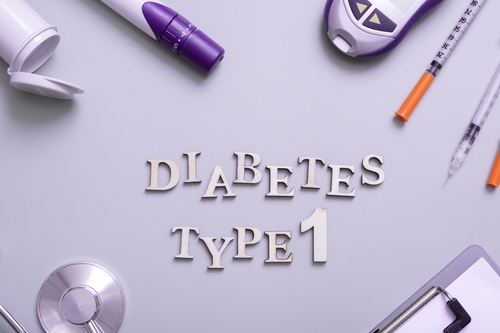
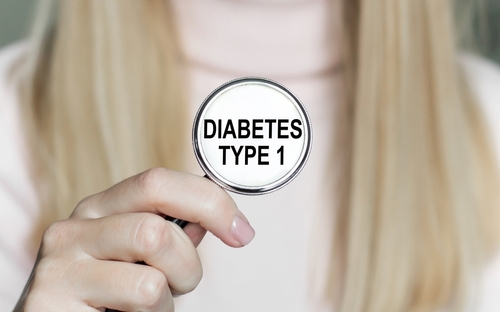
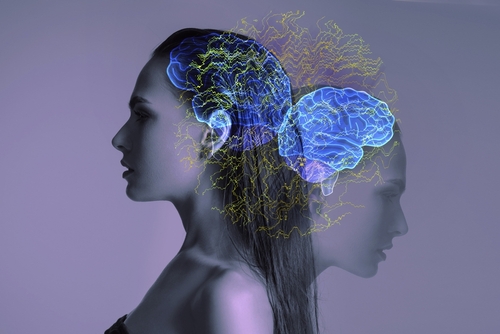
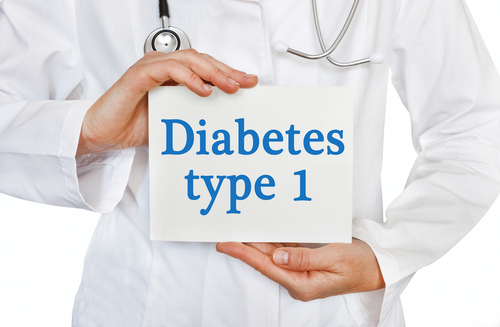
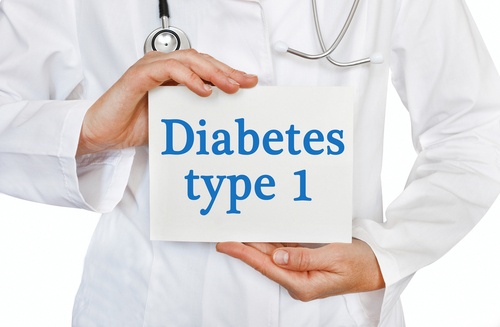


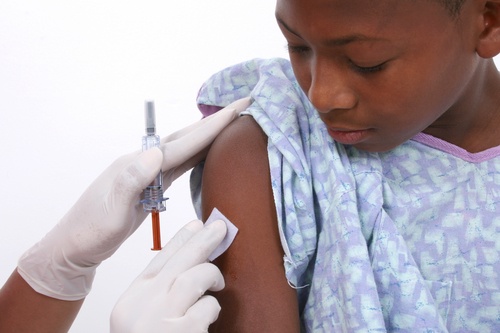

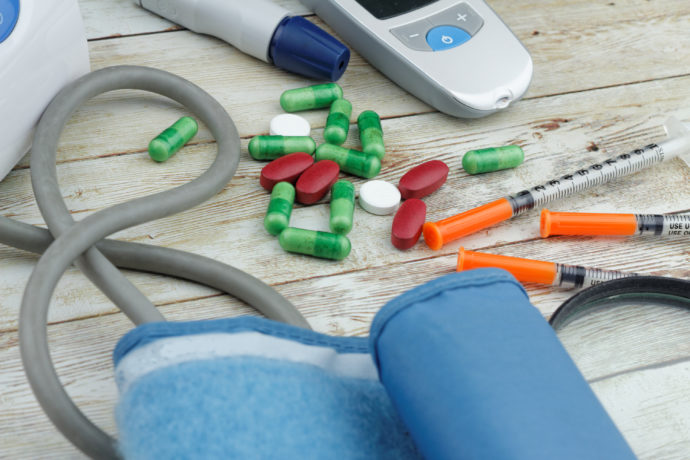





 © 2025 Mashup Media, LLC, a Formedics Property. All Rights Reserved.
© 2025 Mashup Media, LLC, a Formedics Property. All Rights Reserved.